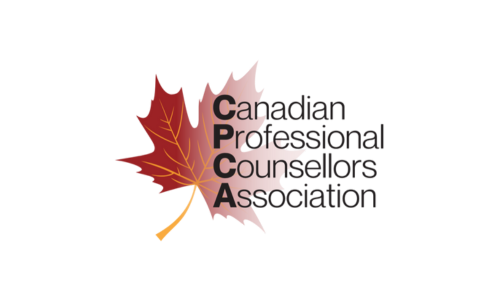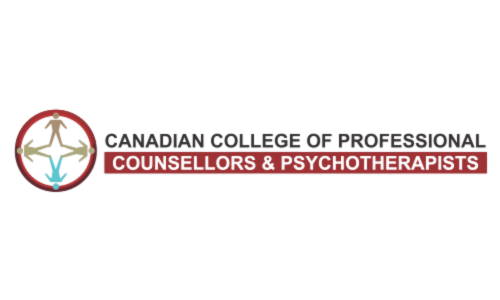CLINICAL COUNSELLING SPECIALTY:
Childhood Trauma
Do you find yourself overreacting to small things or shutting down completely when emotions get big? Have you always felt like something from your past is still affecting how you see yourself or connect with others? If you’re starting to connect the dots between your past and present, therapy for childhood trauma may help you finally start feeling more in control, connected, and at peace in your life.
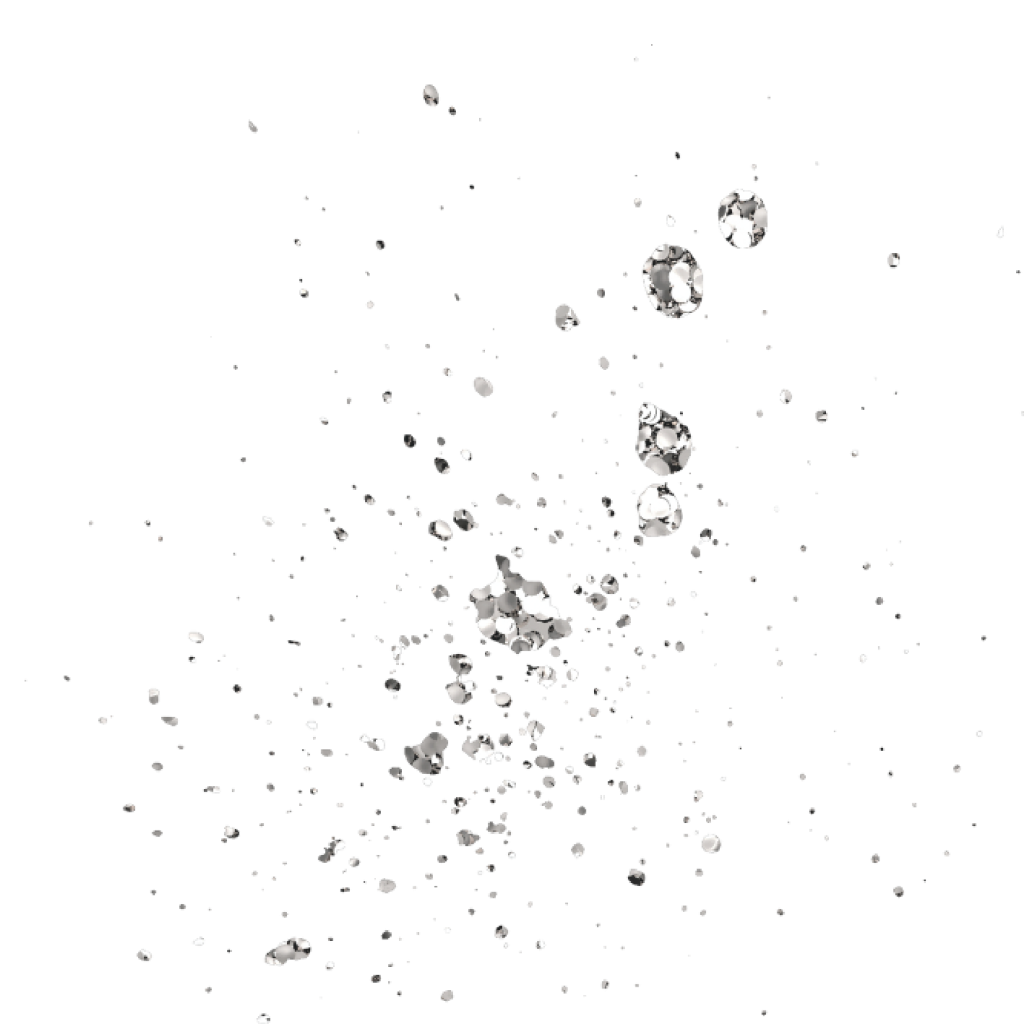
When Childhood Survival Strategies Become Adult Struggles
Healing childhood trauma in adulthood is possible.
Childhood trauma can occur when a child witnesses or experiences overwhelming negative or traumatic events during the developmental years in the home and/or community.
Examples of trauma can include:
- Abuse – physical, emotional, sexual
- Neglect – unment emotional of physical needs, abandoment
- Family Dysfunction – mental illness, divorce, marital distress or violence, substance abuse, etc
- Community – school violence, bullying, natural disasters, accidents, war etc.
But there is hope – therapy helps you to understand and process past adverse experiences and unresolved emotions, develop healthier boundaries, coping strategies and communication skills. Developing these skills can change your life. Are you ready?
does your past speak through present-day Reactions?
Signs of Unresolved Trauma
Many people don’t realize their day-to-day struggles may be rooted in childhood experiences. If you’re wondering whether your past is still impacting your present, here are some common adult symptoms of childhood trauma that you may be feeling:
- Often feeling like you don’t quite belong, even around family or friends
- Finding it hard to ask for help, even when it’s needed
- Struggling to speak up or set healthy boundaries
- Spending a lot of energy trying to get difficult people to treat you well
- Feeling uncomfortable or unsure in social situations
- Judging yourself more harshly than you would judge others
- Constantly comparing yourself to others and coming up short
- Having a hard time knowing what you’re really feeling
- Being unsure of your strengths or overly focused on your flaws
- Feeling like something is holding you back from being fully present
- Experiencing a deep sense of emptiness or disconnection
- Secretly worrying that something is wrong with you
- Struggling with consistency or self-discipline, even with good intentions
The more of the above you relate to the more likely childhood trauma is impacting your life and relationships. Know that you’re not alone. So many of us have survived this kind of developmental trauma and fortunately healing is possible.

Understanding How trauma shapes you
Longterm Effects of Unaddressed Childhood Trauma
Childhood trauma can have a devastating impact on healthy development and overall well-being and can contribute to long-term consequences as adults. Symptoms vary from person to person depending on the degree, duration or type of trauma but some common signs are:
effects of childhood trauma in adulthood
how trauma from childhood shows up later in life
You might just now be realizing that the way you react, relate, or feel about yourself could be connected to things that happened long ago. Or maybe you’ve always known your childhood was painful but never had the time, space, or support to really explore it. Either way, you’re not alone, and more importantly you’re not imagining it. The effects of childhood trauma from the past often continues to echo in the present in ways that are easy to miss but deeply felt.
WHAT YOU CAN DO
how to cope with childhood trauma as an adult
Healing from childhood trauma doesn’t mean erasing the past. It means learning how to care for the parts of you that still feel stuck in it. The process takes time, but there are ways to begin feeling more grounded, safe, and whole. Here are some steps that can help:
“If you’re starting to see how your past might still be affecting your present, that awareness alone is incredibly brave. You don’t have to have it all figured out before reaching out. Healing begins with curiosity, not certainty. When you’re ready, I’ll be here to walk alongside you.”
– Lyn Firth, MPCC, RQS
Get in Touch
Take the First Step
(By completing this form you will initiate a request for a Complimentary 30-minute Initial Consult with Lyn Firth.)
